STRESS MANAGEMENT FLASHCARD
1/27
Earn XP
Description and Tags
“A quick guide to key techniques, tips, and strategies for managing stress effectively.”
Name | Mastery | Learn | Test | Matching | Spaced |
|---|
No study sessions yet.
28 Terms
Do I feel stressed almost every day?
If yes, you might be experiencing chronic stress. Try to record when you feel stressed, identify the cause, and start with small steps (e.g. breathing techniques, light exercise, short breaks).
Self-check: You can use the short version of the GAD-7 scale — for example, if your score is high, consider seeing a counsellor.
GAD-7 Screening Form (Generalized Anxiety Disorder)
SCAN QR FOR OPEN THE FORM
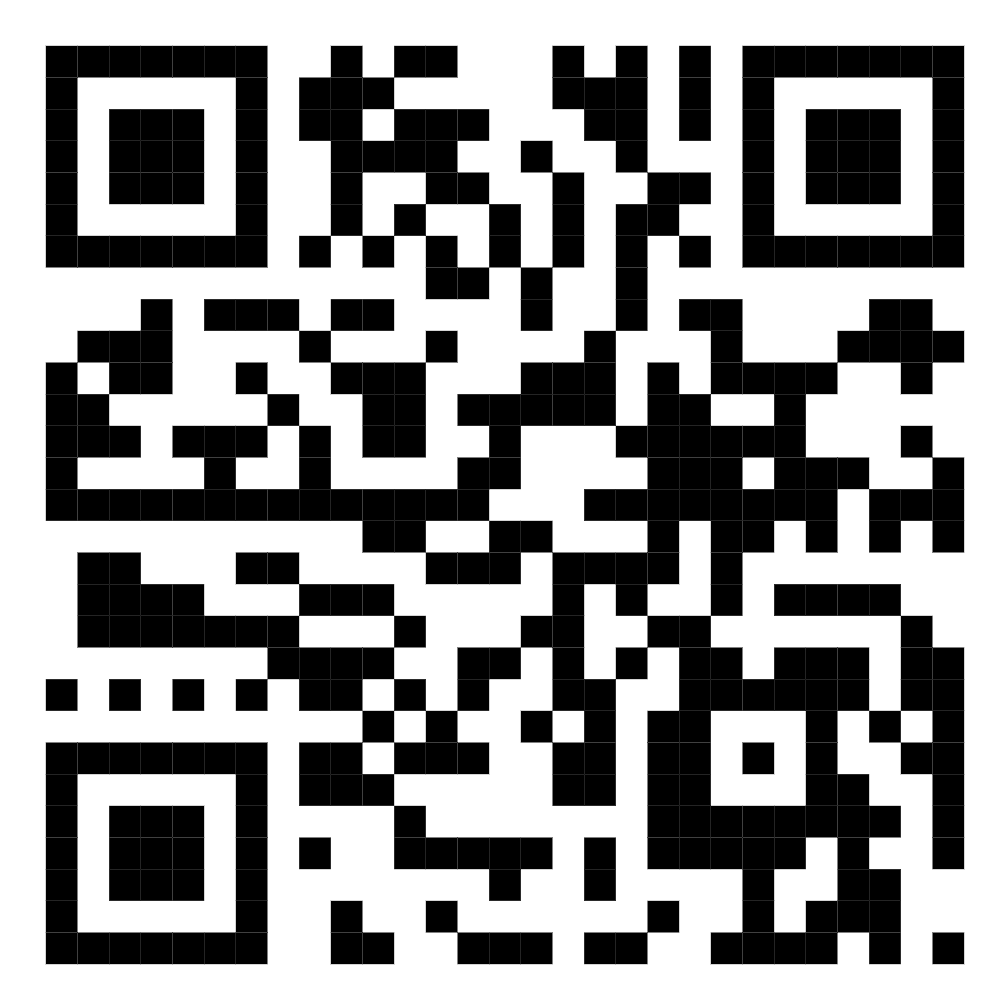
When was the last time I had good quality sleep?
Enough sleep = 7–9 hours for adults. Quality sleep = fall asleep easily, rarely wake up at night, wake up feeling refreshed.
Quick tips: Avoid screens 30 minutes before bed, sleep and wake up at the same time every day, keep the room dark and at a comfortable temperature.
Do I often find it hard to focus on studying?
Difficulty focusing might be a sign of mental fatigue. Try the 5-4-3-2-1 technique: focus on 5 things you can see, 4 you can touch, 3 you can hear, 2 you can smell, and 1 you can taste. It helps ground your mind.
How does the 5-4-3-2-1 technique work?
1⃣ 5 things you can see 👉 Look around and name or think of 5 things.
Example: “Blue sky, book, water bottle, fan, shoes.”
2⃣ 4 things you can touch 👉 Feel the texture. Name 4 things you're touching right now.
Example: “Chair, shirt, watch, table.”
3⃣ 3 things you can hear 👉 Pause your thoughts and listen. Name 3 sounds.
Example: “Fan noise, birds, someone talking.”
4⃣ 2 things you can smell 👉 Sniff the air. If there's no strong smell, try to find one.
Example: “Coffee smell, smell of a new book.”
5⃣ 1 thing you can taste or feel physically 👉 Focus on a taste or physical feeling.
Example: “The breeze from the fan on my face.” or “The taste of plain water.”
What can I do if I feel sad for no reason?
Write down your feelings, talk to a friend or counsellor, and do simple activities that used to make you happy (like taking a short walk or listening to music). If it lasts more than 2 weeks, consider seeking professional help.
Who can I reach out to when I feel overwhelmed?
Faculty/university counsellor, Psychological Help Lines (e.g. Befrienders, Talian Kasih 15999), close friends, trusted family members, or use support apps (e.g. Mindline, MYHEALTH).
Have I ever felt anxious and couldn’t control it?
If yes, practise grounding: sit upright, take slow breaths, touch something solid, and focus on your senses. If it happens often, seek support from a counsellor.
Ask ChatGPT
How often do I feel ‘empty’ or unmotivated?
Persistent feelings of emptiness may be an early sign of depression. Try breaking big tasks into smaller ones, reward yourself when you finish, and connect with others—even in small ways.
Do I find it hard to open up about my problems?
It’s normal to feel shy. You can start by writing down what you want to share. Choose someone you trust — a close friend, lecturer, or counsellor. Remember: Asking for help is a sign of strength.
What’s the difference between burnout and regular stress?
Stress: Short-term pressure, usually with a clear cause.
Burnout: Long-term emotional exhaustion, feeling detached or hopeless, tired even after rest.
If you're experiencing burnout, you may need deeper rest and possibly a change in how you work or study.
Do I feel ‘numb’ doing things I used to enjoy?
This is an early sign of anhedonia — losing interest and enjoyment. Try to reconnect with simple activities that are easiest to do (e.g. walking, listening to music, playing with a cat). Start slowly. Seek support if it continues.
What 5-minute exercise can I do while sitting?
SCAN THIS QR CODE TO WATCH THE VIDEO
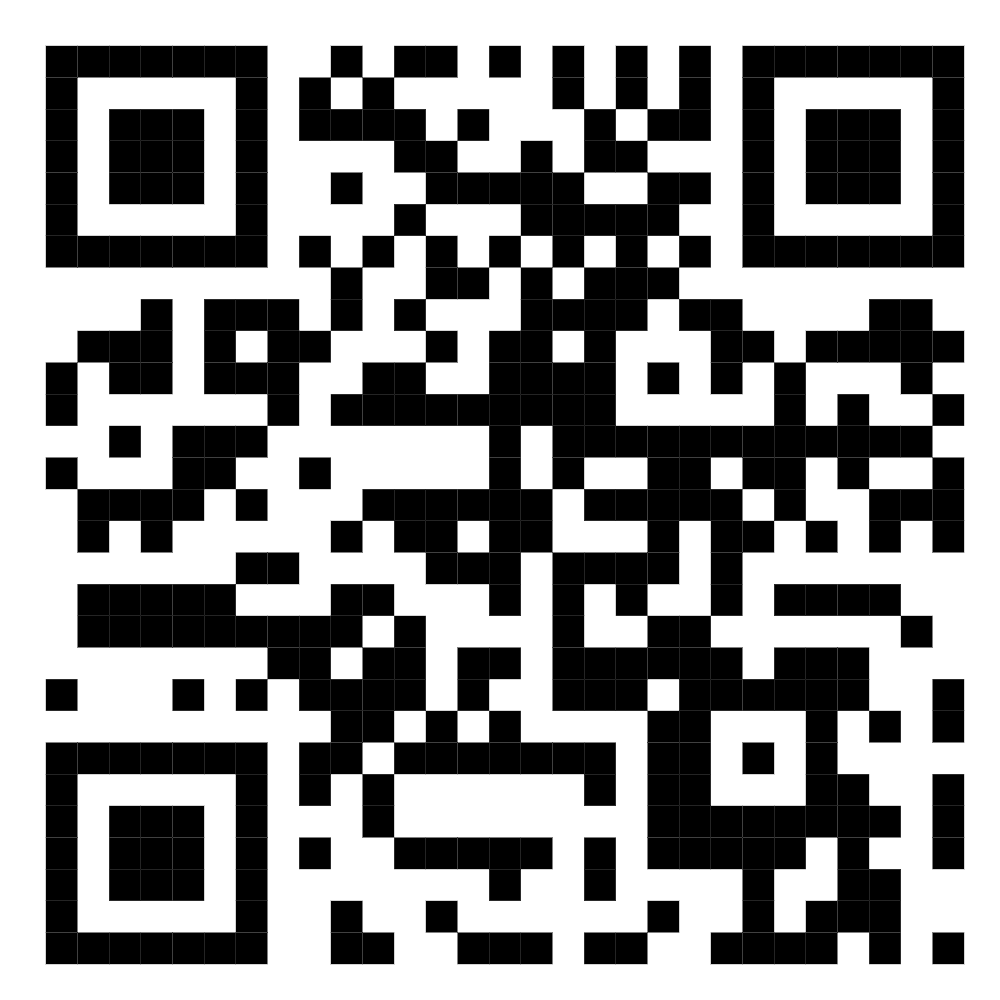
What’s the best exercise when my eyes are tired from the screen?
SCAN THIS QR CODE TO WATCH THE VIDEO
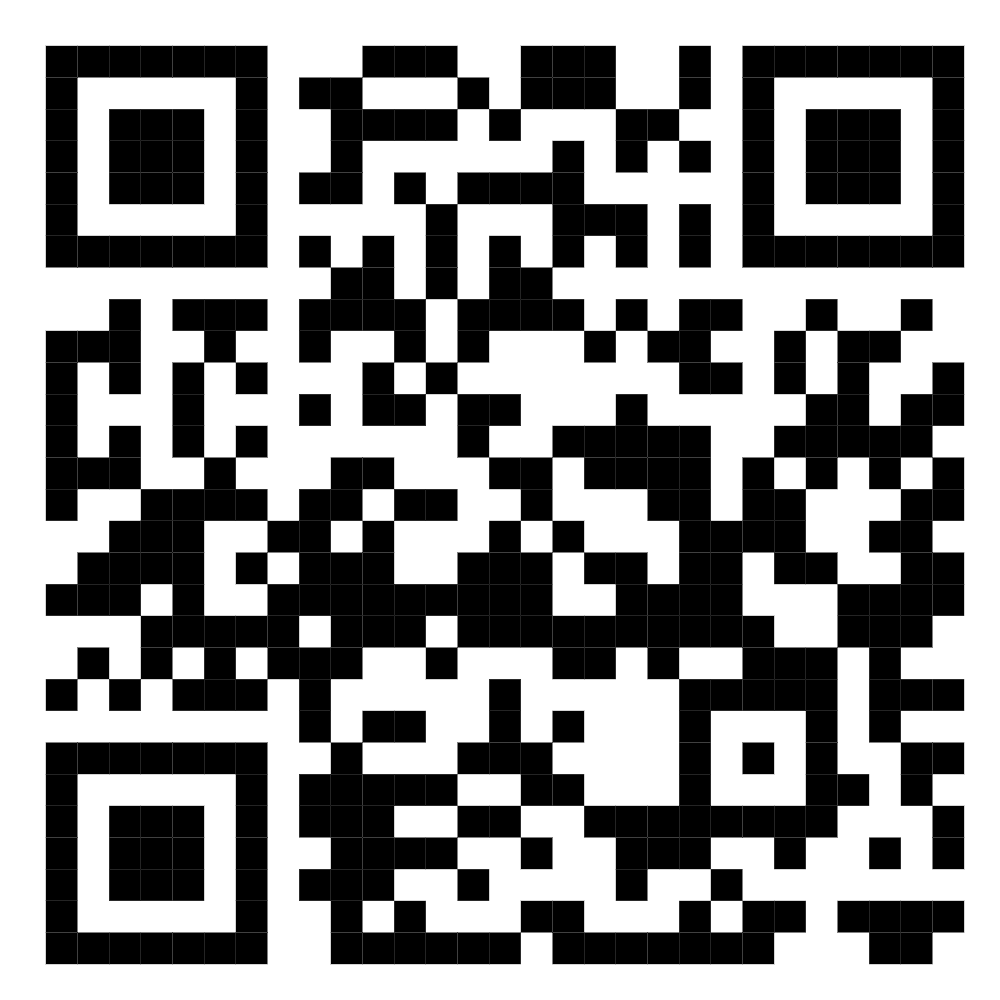
How often should I get up from my chair while studying?
Every 30–60 minutes, stand up or change position.
The easiest way is to follow the Pomodoro technique: Study for 25–50 minutes → take a 5-minute break → repeat.
During the 5-minute break: Stand up, stretch your arms and shoulders, take a short walk.
How can I stretch using things I already have — without special equipment?
SCAN THIS QR CODE TO WATCH VIDEO
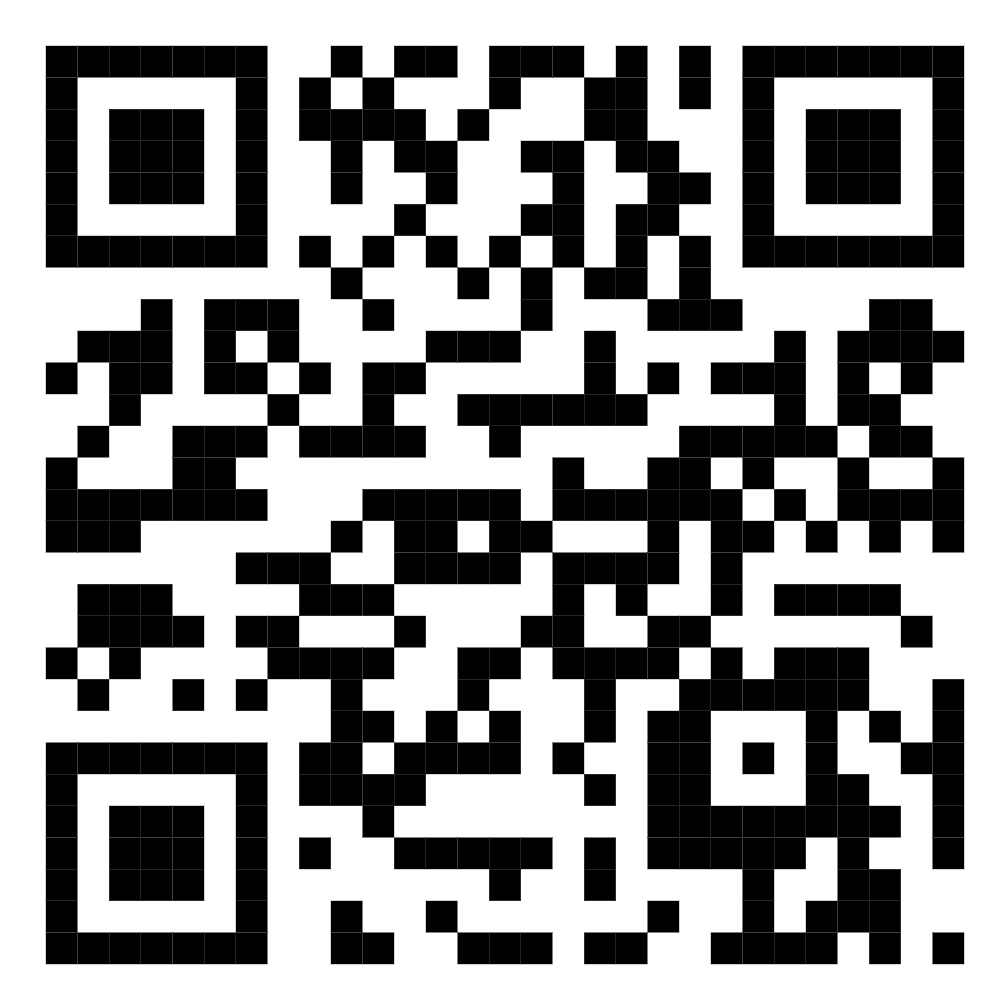
What happens to my body if I sit for too long?
Sitting for long periods can tense up muscles and reduce blood flow ➜ increases the risk of back and joint pain.
Micromove = stand up/stretch every 30–60 minutes.
What does 'grounding' mean?
Grounding (or grounding technique) is a way to calm the mind and body when you feel anxious, panicked, or mentally overwhelmed.
The goal is to bring your focus back to the present moment — not the negative or excessive worries.
What are some common grounding techniques?
1⃣ 5-4-3-2-1
2⃣ Hold a physical object
Example: A small stone, ice cube, or anything cool/textured. Feel it with your fingers, focus on the sensation.
3⃣ Take deep breaths
Focus on the air going in and out. Count slowly (e.g. 4-7-8 breathing).
4⃣ Touch the floor or chair
Feel the surface. You can close your eyes to enhance the sense of touch.
What does ‘pause & move’ mean?
'Pause & Move' = Take a short pause, then make a small movement.
The principle:
Your body and brain need regular breaks to stay focused and healthy.
What breathing technique helps calm me instantly?
SCAN THIS QR CODE TO WATCH THE VIDEO
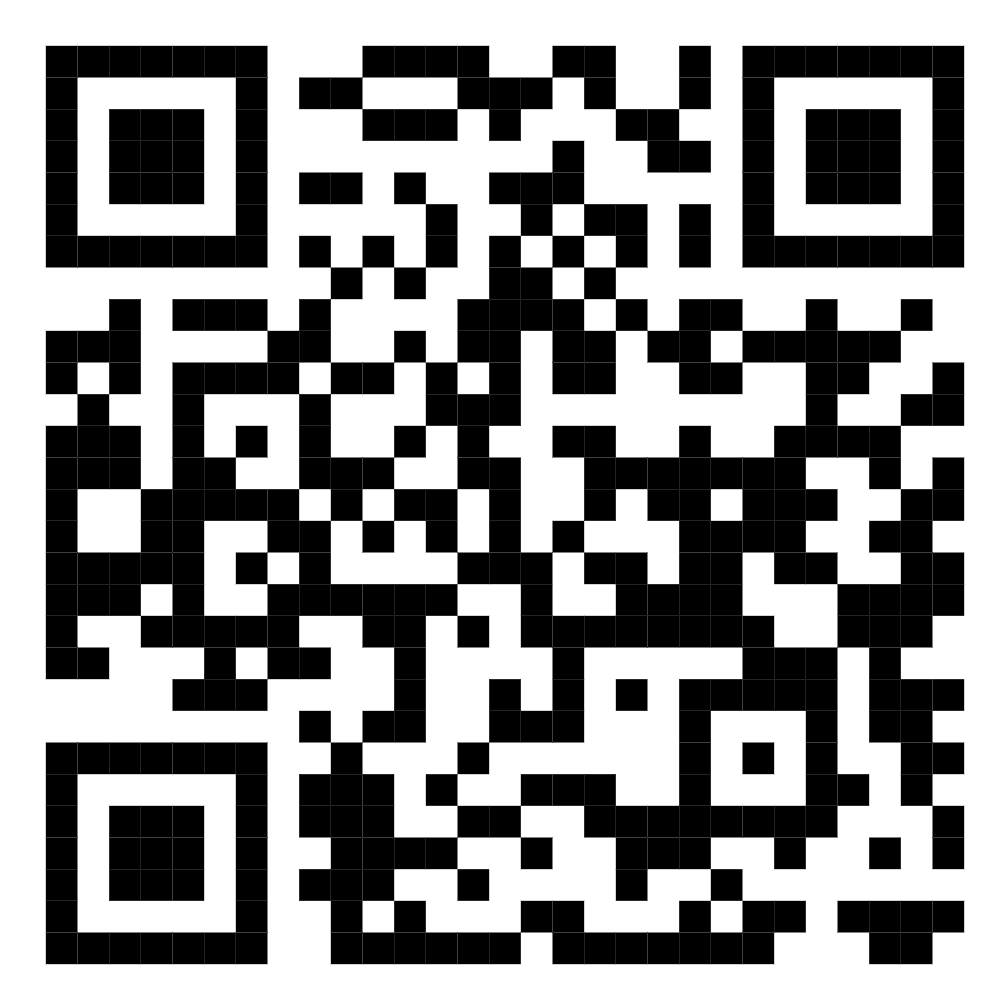
What is body scan meditation?
Body scan: Close your eyes and slowly focus on sensations from your head to your toes
Why is it important to take a short pause when stressed?
The brain needs a "reset." A short break helps release mental overload and reduce stress.
How do I take a ‘mindful break’ without using my phone?
Sit still, do breathing exercise, sip tea slowly, look out the window, or write a short journal entry for 3–5 minutes.
What are 3 small habits that support mental health?
Drink enough water (8 glasses/day)
Sleep at the same time every day
Get up and move your body every hour
What is self-compassion & how do I practise it?
Be kind to yourself—speak to yourself like you would to a close friend.
Example: “It’s okay, I did my best.”
How can I stay calm when results are out?
Focus on what you can control, practise grounding with your breath, and prepare a plan B in case things don’t go as planned.
What can I do in 1 minute a day to start self-care?
Take a deep breath, sip some water slowly, and write down one thing you're grateful for today. Start small, stay consistent.